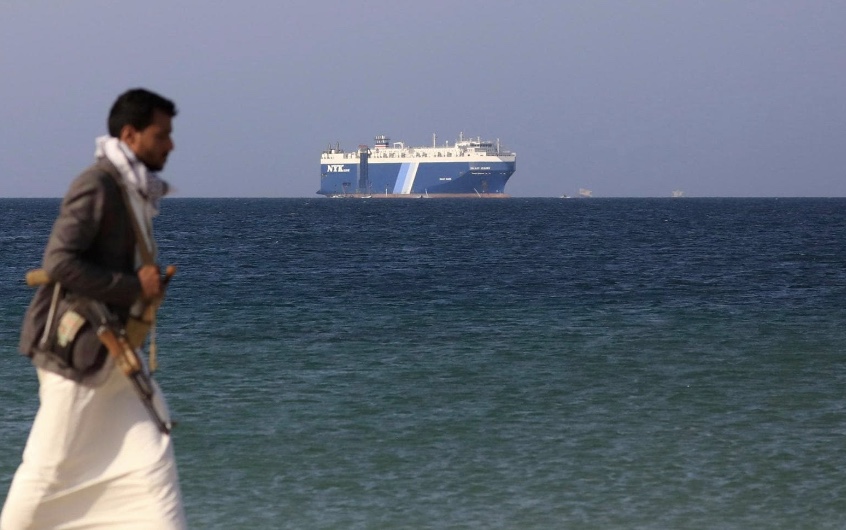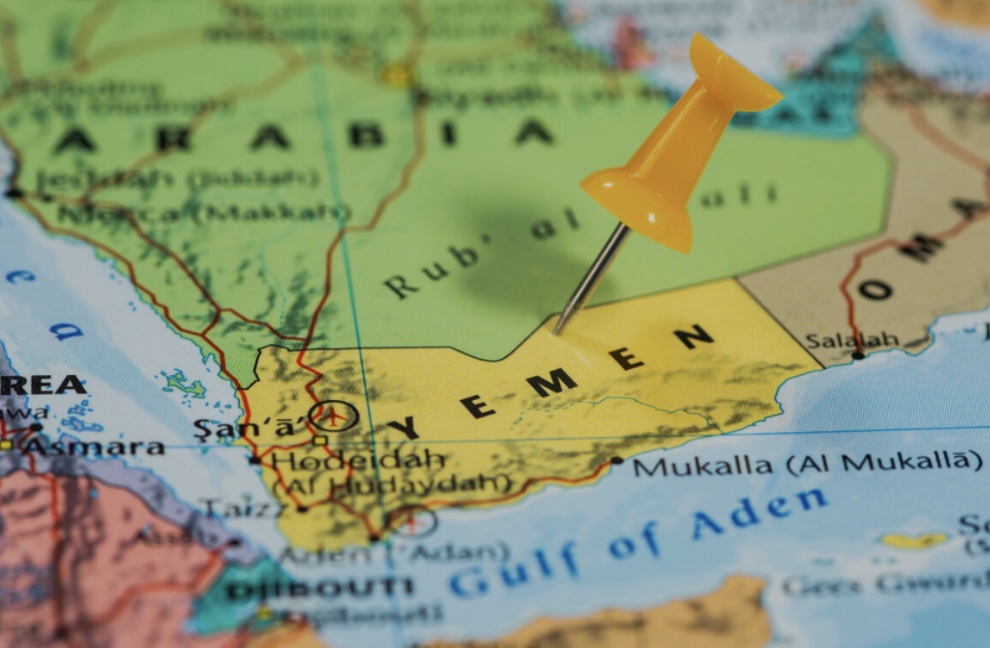The stakes are high: not only for the nations directly involved in the Red Sea and the Mediterranean, but for the entire global geoeconomic balance. And if the "Mare Nostrum" counted less, we Italians would be the first to lose out
by Paolo Giordani – President of the International Diplomatic Institute
Six months into the conflict in Gaza, the global economic repercussions appear contained, with the oil market strangely immune to the jolts that usually accompany Middle Eastern crises. However, market calm should not be deceiving: geopolitical tensions could soon explode into a larger conflict.

Since November, Yemeni Houthi rebels, non-state actors and members of the Axis of Resistance, have intensified missile and drone attacks against merchant vessels transiting the Red Sea. This vital route connects Europe to Asia, passing through the Suez Canal and Bab al-Mandeb, and is responsible for 12% of global trade, 40% of trade between Europe and Asia, 30% of global shipping of containers, 12% of oil and 1,8% of global LNG. The severity of these attacks was such that even industrial giants, such as Tesla, they had to stop production, a phenomenon not seen since the Covid-19 crisis. Surprisingly, inflation has not suffered the feared impacts, partly thanks to the ability of the shipping sector, which is in a period of overcapacity, to absorb the shock. However, for Mediterranean ports, including Italian ones, it translated into a 20% reduction in berthings.
Western naval missions, the Prosperity Guardian (Anglo-American) e Aspides (European) were deployed to defend freedom of navigation and although they have achieved some successes, they do not guarantee undisturbed maritime traffic. Despite this, attacks persist and more than half of maritime traffic continues to avoid the Red Sea, with significant losses for Egypt, which derives 2% of its GDP from rights of passage in the Suez Canal. It remains uncertain whether the missions will be able to restore normality or whether a more massive military deployment will be necessary, a solution perhaps unsustainable for Europe and the coastal countries in the long term.
THEescalation of the conflict, with Iran's direct involvement, could further inflame the situation in the Red Sea. The Houthis, strengthened during ten years of civil war in Yemen, are ready to intervene massively alongside the Islamic Republic and will not be easily neutralized by sporadic military actions.
Faced with this scenario, the need for de-escalation in Gaza and regional stability is more urgent than ever. It is essential that Europe promotes a diplomatic and economic commitment aimed at re-establishing peace and guaranteeing lasting security. From this point of view, the EU's membership, as an "observer", to the Djibouti Code of Conduct and the Jeddah Amendment, signed in 2017 by 17 states of the north-western Indian Ocean to promote regional cooperation and strengthen the signatories' ability to counter growing threats to maritime security in the Gulf of Aden and the Red Sea. The membership was announced on Monday 22 April. The stakes are high: not only for the nations directly involved in the Red Sea and the Mediterranean, but for the entire global geoeconomic balance. And if the “Mare Nostrum” if it mattered less, we Italians would be the first to lose out.
Subscribe to our newsletter!
